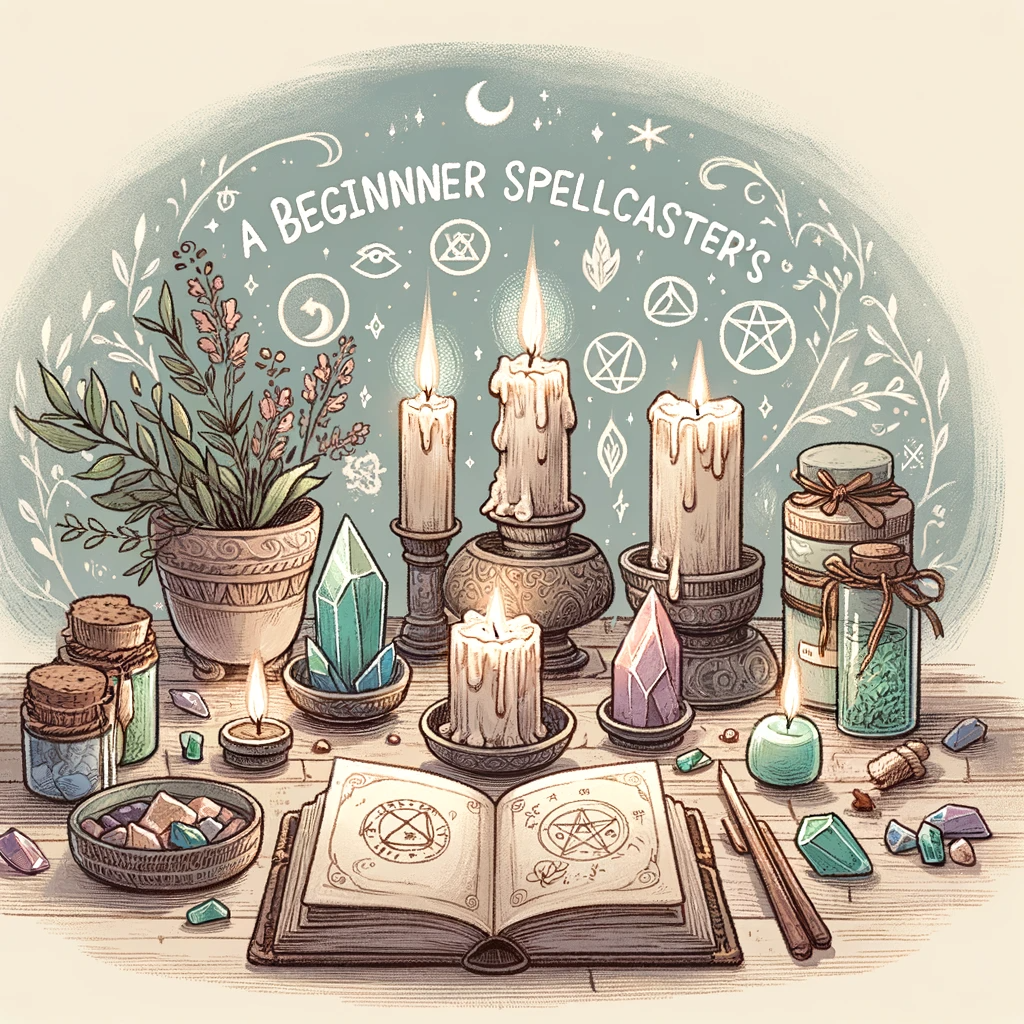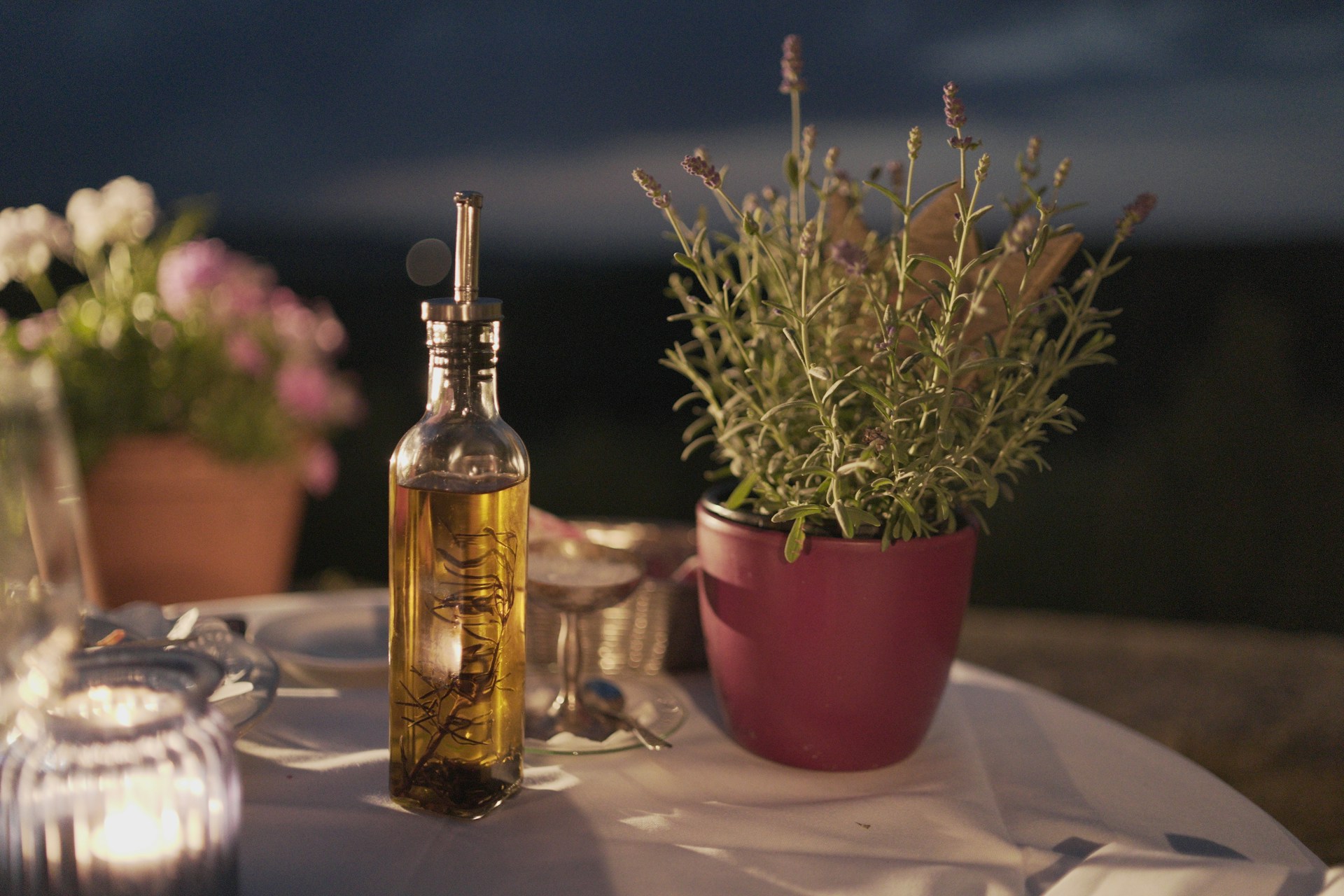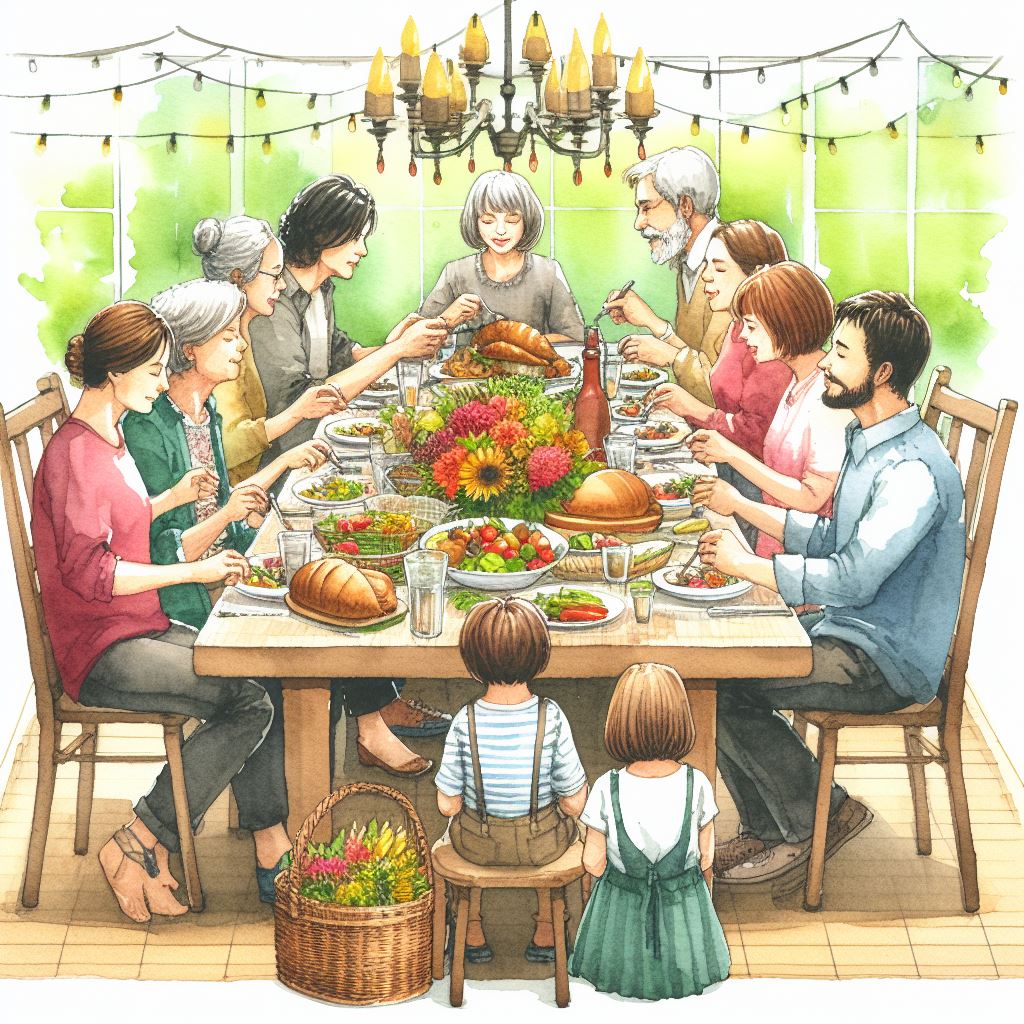Welcome to the intriguing journey of spellcasting! As a beginner, you might be curious about the mystique that surrounds the practice of magick.
This article is designed to guide you through the fundamentals of spellcasting, offering insights into its concepts, techniques, and ethics. We’ll explore various types of spells, common misconceptions, and ways to develop your practice, ensuring a well-rounded introduction to this fascinating world.
Understanding Magick: Concepts and History
What is Magick?
Magick is often misunderstood. At its core, it’s the practice of manipulating energy and harnessing intention to bring about change. Unlike the fictional portrayals in popular media, real magick is subtler, deeply rooted in personal will and the natural world.
It’s about aligning your intentions with the universe’s energies to manifest desired outcomes, emphasizing a harmonious relationship with nature and the self.
A Brief History
Throughout history, magick has been a part of human culture, manifesting in various forms across different civilizations.
From the shamanistic rituals of indigenous tribes to the ceremonial magick of medieval Europe, its presence is ubiquitous.
This rich history underscores the diversity and adaptability of magickal practices, reflecting the human inclination towards understanding and influencing the world around us.
The Importance of Intention
The most crucial aspect of magick is intention. Your intentions set the direction and strength of your magickal workings.
Clear, focused intentions are more likely to yield results, highlighting the mind’s power in the practice of magick.
The Basics of Spellcasting
Understanding Spells
A spell is a magickal formula intended to trigger a magickal effect. Spells vary widely in their purposes—from attracting love, promoting healing, to providing protection.
They can be as simple as a spoken word or as complex as a ritual involving multiple components and steps.
Belief and Willpower
The effectiveness of a spell heavily relies on the caster’s belief and willpower. Believing in the possibility of what you’re casting is crucial; doubt can weaken the spell’s effectiveness.
Similarly, willpower directs your energy towards achieving the spell’s goal.
Common Tools
Many spellcasters use tools to help focus and direct energy. These can include candles for representing elements and desires, herbs for their natural properties, and crystals for their energy amplification qualities.
While not mandatory, these tools can enhance the spellcasting experience.

Preparing to Cast Spells
Creating the Right Environment
Your environment plays a significant role in your spellcasting practice. A peaceful, undisturbed space is ideal, whether it’s a designated room or a small altar.
This space should be cleansed regularly to keep energies pure and conducive to magick.
Cleansing and Protecting Your Space
Before casting spells, it’s important to cleanse and protect your space. This can be done through smudging with sage, sprinkling salt, or using protective crystals.
This process removes negative energies and creates a safe, sacred space for your practice.
Grounding and Centering
Grounding and centering yourself is crucial before engaging in spellcasting. This process involves calming your mind, focusing your energy, and connecting with the earth. It helps in channeling your energy effectively and maintaining focus during your spellcasting.
Types of Spells
Love Spells
Love spells are among the most sought-after yet controversial spells. It’s important to approach these with an ethical mindset, focusing on attracting love in general rather than targeting a specific individual, which could infringe upon free will.
Prosperity Spells
Prosperity spells aim to attract abundance and financial wellbeing. These spells often involve green candles, herbs like basil or mint, and the visualization of wealth.
Remember, the effectiveness of these spells also hinges on taking real-world actions towards your goals.
Protection Spells
Protection spells serve to safeguard yourself, loved ones, or spaces from negative influences. Ingredients like black tourmaline, salt, and protective sigils are commonly used in such spells, focusing on creating a shield of positive energy.
Healing Spells
Healing spells focus on promoting physical and emotional wellbeing. These spells can be directed towards oneself or others, but always with consent. Healing spells often involve blue candles, soothing herbs like lavender, and the channeling of healing energies.
Spellcasting Techniques
Visualization
Visualization is a powerful tool in magick. It involves vividly picturing your desired outcome in your mind’s eye. This technique helps in directing your energy towards manifesting your intentions, making your spells more potent.
Chanting and Mantras
Words carry energy, and chanting or reciting mantras can amplify a spell’s power. These verbal components should resonate with your intention and can be in any language, as long as they hold meaning for you.
Using Sigils
Sigils are symbols created to represent a specific goal or intention. Crafting and activating a sigil involves focusing your desire into the design, charging it with your energy, and then releasing it to the universe, often by burning or burying it.
Incorporating Elements and Directions
Many spells involve calling upon the four elements (earth, air, fire, water) and the cardinal directions (north, east, south, west). This practice helps in balancing the energies and drawing power from the natural world.
Common Mistakes and Misconceptions
Debunking Myths
There are many myths surrounding spellcasting.
For instance, spells do not involve supernatural beings or result in instantaneous, dramatic results. Understanding the true nature of magick is key to practicing it effectively and respectfully.
Avoiding Common Errors
Beginners often make mistakes like overcomplicating spells, having unclear intentions, or expecting immediate results. Patience, clarity, and practice are essential in developing your spellcasting abilities.
Ethics in Spellcasting
The Concept of “Harm None”
One of the fundamental ethics in magick is the principle of “harm none.” This means that your spells should not intentionally harm others, physically or emotionally. It’s about respecting the free will and wellbeing of all beings.
Understanding the Law of Threefold Return
This law suggests that whatever energy you put out into the world, whether positive or negative, will return to you threefold. It serves as a reminder to consider the intentions and potential consequences of your spells.
Respecting Free Will
It’s crucial to never use spells to control or manipulate others. Respect for free will is paramount in ethical spellcasting, emphasizing the importance of consent and personal responsibility in your magickal practice.
Developing Your Practice
Enhancing Your Skills
Continuously learning and practicing is key to enhancing your spellcasting skills. Experimenting with different types of spells, tools, and techniques can help you discover what works best for you.
The Importance of a Magickal Journal
Keeping a magickal journal or Book of Shadows is a valuable practice. It’s a place to record your spells, experiences, and reflections, serving as a personal guide and a record of your growth in magick.
Trusting Your Intuition
Trusting your intuition is vital in magick. Your personal experiences and feelings are important guides in your practice. Remember, there’s no one-size-fits-all in magick; it’s a deeply personal journey.
Spellcasting is a rich and rewarding practice that opens up a world of possibilities. As you embark on this journey, remember to approach it with respect, patience, and an open mind.
Whether you’re drawn to love spells, prosperity spells, or just seeking to enhance your wellbeing, the world of spellcasting offers a unique path for personal growth and self-discovery. Keep exploring, learning, and growing in your magickal practice, and most importantly, enjoy the journey!















